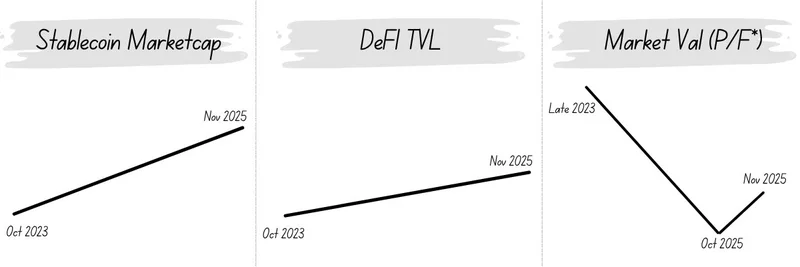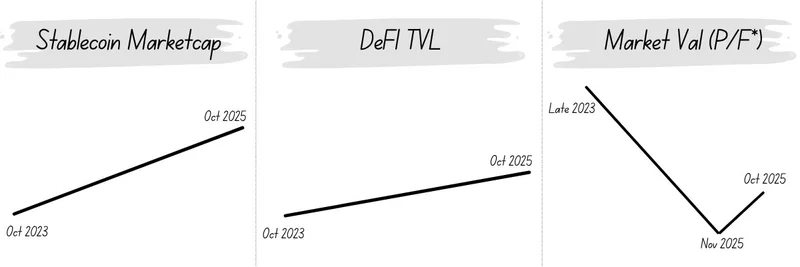Sid Gandhi on Public vs Private Payments in Stablecoins
In a recent discussion on The Rollup, Sid Gandhi, the CEO of Payy, shared his perspective on the evolving landscape of stablecoin payments, particularly focusing on the balance between public disclosures and privacy. This conversation is particularly relevant for those in the blockchain and cryptocurrency space, as it touches on critical aspects of financial transparency and user privacy.
The Need for Public Disclosures
Sid Gandhi emphasized the importance of public disclosures in certain contexts, such as government spending. He stated, “There are some useful parts of, like, public disclosures. For example, we would love it if the government budget and spending was somehow, auditable.” This sentiment resonates with the growing demand for transparency in public financial management. By making government spending auditable, citizens can hold their leaders accountable, ensuring that funds are used appropriately.
Gandhi further elaborated on the potential of blockchain technology to facilitate this transparency. “Now you can publish a proof and now you have cryptographic proof,” he explained. This means that with blockchain, it's possible to create immutable records of transactions, which can be verified by anyone. For instance, “It would be like x amount of budget was sent to this wallet,” providing a clear, tamper-proof trail of financial activities.
Privacy in Payments
While public disclosures are beneficial in some scenarios, Gandhi also highlighted the importance of privacy in payments. Payy, under his leadership, is pioneering privacy in stablecoin payments, aiming to address the volatility issues associated with traditional privacy tokens like Monero and Zcash. “We are pioneering privacy in stablecoin payments, one of the first initiatives within the industry,” Gandhi noted. This initiative is crucial because it allows users to conduct transactions without exposing sensitive information, which is particularly important in an era where data privacy is a major concern.
The use of stablecoins in private payments offers a stable value proposition, unlike the volatile nature of other cryptocurrencies. This stability is essential for everyday transactions, making stablecoins a viable option for both consumers and businesses. Gandhi's vision is to create a system where users can enjoy the benefits of privacy without sacrificing the stability needed for reliable payments.
Implications for the Future
The discussion around public vs private payments in stablecoins has significant implications for the future of financial transactions. On one hand, the ability to audit government spending through blockchain technology can enhance trust and accountability in public finance. On the other hand, the development of private payment solutions using stablecoins can protect user privacy and promote wider adoption of cryptocurrency in everyday transactions.
For blockchain practitioners and enthusiasts, understanding these dynamics is crucial. The integration of stablecoins into both public and private payment systems could lead to a more transparent and secure financial ecosystem. As Gandhi pointed out, “Payy aims to address this issue by providing a stable value proposition, ensuring consistency in payments without the need for constant investment decisions.”
Conclusion
Sid Gandhi's insights on The Rollup provide a glimpse into the future of stablecoin payments, balancing the need for transparency with the demand for privacy. As the CEO of Payy, his perspective is informed by a deep understanding of blockchain technology and its potential to transform financial transactions. For those interested in the intersection of technology and finance, this conversation is a must-watch.
This MDX article is optimized for SEO, uses conversational English, and includes relevant tags and a cover image from the tweet. The content is structured to provide clear explanations and maintain engagement throughout.




